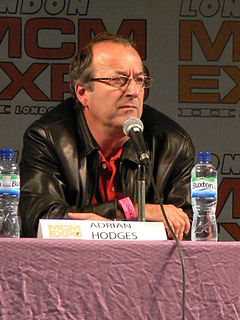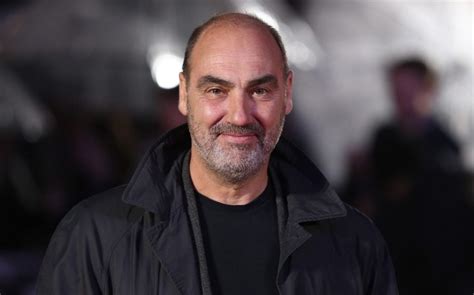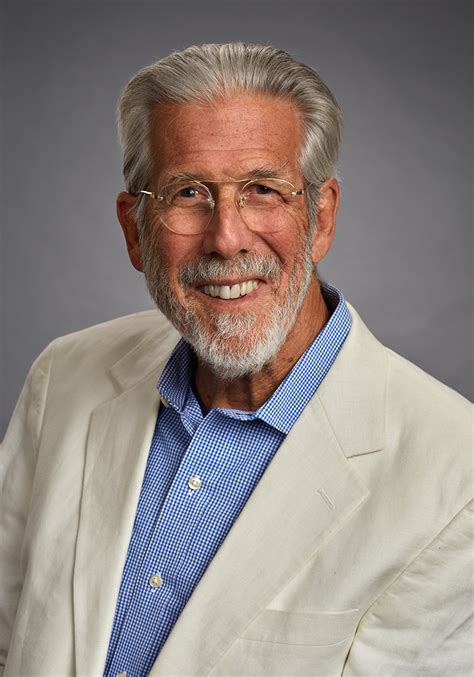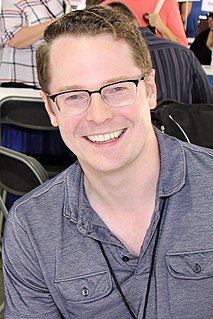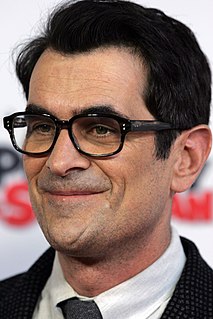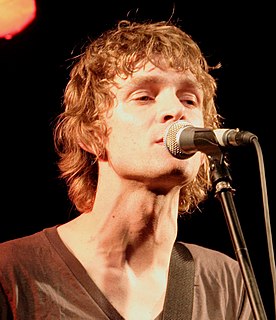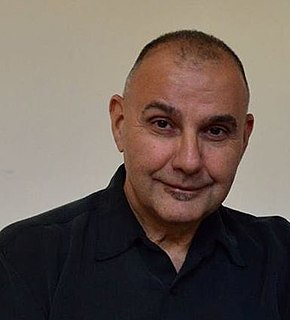A Quote by Adrian Hodges
On a simple level, you need directors who are good at action and can choreograph an action scene, but you need them to also have that sense of fun and that sense of movement and that ability to get the actors to really respond to the material in the way that you want them to. It's a very big thing.
Related Quotes
Well I liked the mixture actually. It's really good fun to have throughout a shoot to move from something which is quite character based in certain scenes where there's very little action and you're just working with actors and I suppose I've had quite a lot of practice at that. This is more action than I've had a chance to do so that was fun for me too to go into the action then and have some really good crew working with me. And sometimes you get these scenes where they blend.
When it comes to the Federal Reserve, there's an awful lot of books out there; in my library, I bet I've got 200 books if I've got any on the Federal Reserve. And we don't need any more books, we need action, and that's what the Liberty Dollar did, it gave people a way to take action. Our catch phrase was you want to "make money, do good, and have fun," and people really responded to that.
In my films, I like to use the same actors again and again, so I know them really well and can bring their unique personalities into the process. However, as a director, I have strict control over the way they express their personalities. I don't want them to go beyond what I need from them, but I also don't want them to underplay. So I modulate their performances very closely, within a certain range of expression.
I learned very early on not to speak to my folk from on high, but to get down with them, beside them, showing them how to act rather than telling them. And I suggested that they should do the same with one another: that they didn't need a book of rules to tell them what to do and what not to do, but experience and action.
It's kind of a crazy thing with kid actors because a lot of them get hired without people really knowing if they're good or not. They get hired for the way they look at a really young age. You also have your fingers crossed around kid actors... because the lessons they learn on set aren't always the best. You can really get whatever you want.
Everybody knows that if they're happy then usually the people around them are happy, or that people around them happy make them a little happier; that's a proved thing, like "I give to you and you give to me"; they all know that but they haven't thought about it to the point of every action that they do. That's what it is with every action that you do, there's a reaction to it, and if you want a good reaction then you do a good action, and if you want a bad one, then you punch somebody.
Being a part of a band is easier to brainstorm, and it's fun - you're encouraged and inspired by the others. In this band, it's especially that way for me, because they're my favorite musicians - they've been my favorite musicians for so long, and I get to play with them now. A lot of times onstage, I'm overcome with admiration or something, which also means that you need to step up, you need to really bear down to match the level of musicianship or artistry. It's really challenging.
I hadn't studied theatre and I hadn't studied actor training or anything, but I did have a sense of movement and composition, and what the final product would be like, but luckily I had friends who were good actors, who would help me get them, who would get themselves to the place where a good director should get them to build characters.
